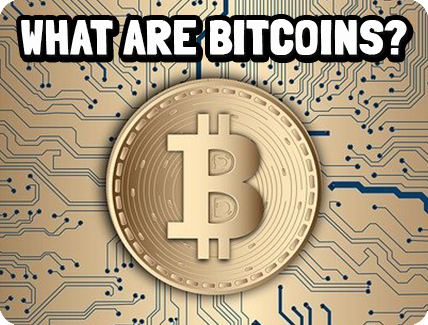

















On 8 June 2021, El Salvador became the first country to approve bitcoin as legal tender, or money that can be used for payment. But what is exactly is bitcoin? First, let’s understand the kind of currency or money we’re familiar with. That happens to be the kind that is made by governments—Indian rupees, US dollars, Japanese yen, and so on. These are known as fiat currency, where fiat means official order or authorization by a government.
Bitcoin, on the other hand, is a type of cryptocurrency. ‘Crypto’ here is short for cryptography, which is a type of computer technology that can hide information, make hacking harder, and more. Therefore, cryptocurrency is digital money that has the technology to hide the identity of those who use it, protect what the money is used for and even control how the money is made in the first place.
Bitcoin was created in 2009 by someone who called themselves Satoshi Nakamoto. However, this is a pseudonym and no one has found out who is actually behind that name. It may not even be one person but a group of people. Even so, bitcoin became the first widely adopted cryptocurrency.
Bitcoin allows a person to send money directly to someone else, without the need for any service in between. This type of money transfer or transaction is known as peer-to-peer. To send fiat money, one needs to use the services of a bank or a similar institution.
Bitcoin is made through a process called mining which is carried out by computers running a piece of programme known as a bitcoin mining script. Any computer in the world can run the script, as long as it has good processing power and is connected to the internet. Successfully completing the script unlocks a reward of newly created bitcoins for the computer that does it first. Think of it like the rewards you win in a video game if you complete a task or puzzle successfully, as long as you’re the first to do so.
The mining script actually makes the computers do something called bookkeeping. The computers build and maintain a massive digital public ledger, or a book of records, that contains a record of every bitcoin transfer ever. Every time someone wants to send bitcoins to someone else, their transfer needs to be checked by these script-running computers against the ledger. Is the person sending money they don’t have? If their record in the ledger checks out and all is proper, the computers add the new transfer to the ledger.
Then, to protect the ledger from getting hacked, the computers lock it behind many layers of computational work. This computational work is basically solving a really difficult maths problem that involves guessing and checking billions of times until the computer finds an answer. The first computer to do so wins a batch of new bitcoins.
These batches of newly mined bitcoins are reduced by half nearly every four years. Calculations therefore tell us that in 2140, the number of new bitcoins created will be 0. At this point, almost 21 million bitcoins will have been created and only so many bitcoins will ever exist.
The digital ledger that tracks the movement of each bitcoin runs on a technology called blockchain. Remember that the ledger is a massive book of records or a register. Copies of it are made and distributed to every computer that runs the bitcoin mining script.
The register records bitcoin transfers for a certain period of time until it is filled up. Then it is shut and labelled with a unique sequence of letters and numbers. A new register is then started and glued to the first one. Ultimately, a whole chain of registers, or a blockchain, is created.
This ledger is stored on many, many computers. Let’s say you want to hack into the ledger and change something in it. You’ll have to unglue every register that makes up the ledger until you find the one where you want to make the change. And once you make the change, you’d have to do this process all over again for every copy of the ledger. How would you do it without it being noticed or caught? That’s what makes blockchain technology nearly unhackable and unchangeable.
Before you decide to jump in, keep in mind that cryptocurrencies are not exactly legal in India, but neither are they illegal as of publishing this article. A law has been proposed by the Indian government to ban them. The Reserve Bank of India, meanwhile, is developing its own form of digital currency. That said, there are some companies that accept bitcoin as a form of payment. Tesla, Microsoft and Starbucks are a few of them.